.webp) Ethan Barnhart
Ethan Barnhart

Do Hard Things. Build it Better. Be Exceptional.
I am a lifelong technologist with a B.A. in Entrepreneurship from the Opus School of Management at the University of St. Thomas, specializing in Stanford Design Thinking and product design with capstones managing a full product development lifecycle, crafting funding strategies, and pitching five-year financial models to venture capitalists and executives.
Since graduating in 2020, I have held key roles at Highground Cyber, providing cybersecurity consulting, managing internal cloud resources, and developing secure solutions for clients. In 2023, I began pursuing a SaaS platform to streamline tabletop role-playing game management, unifying game preparation, lore creation, and system design into a single, cost-effective online tool. As a contractor and consultant, I continue to deliver value in cybersecurity, web applications, and CRM customization, driving innovation and client success across projects.







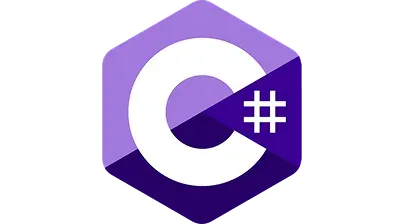








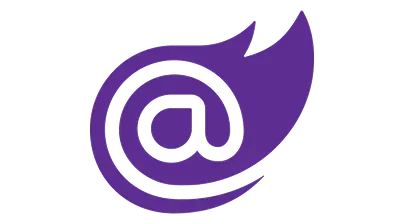


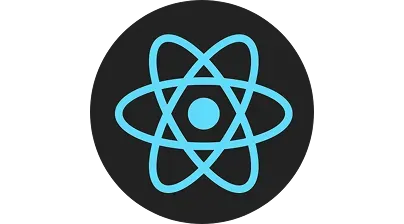

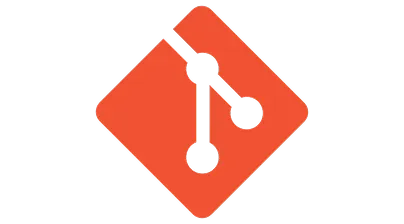


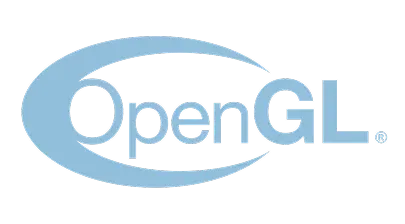


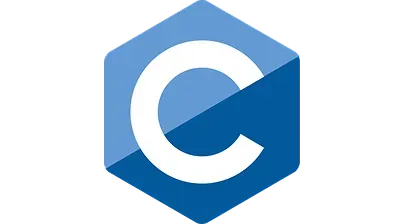
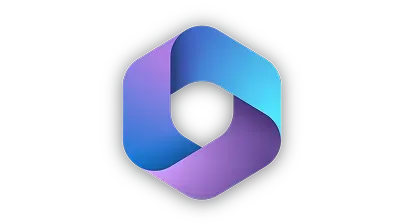

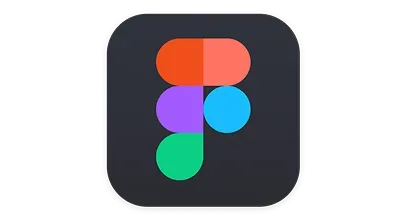
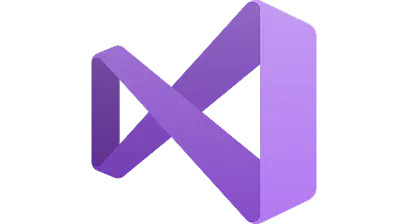








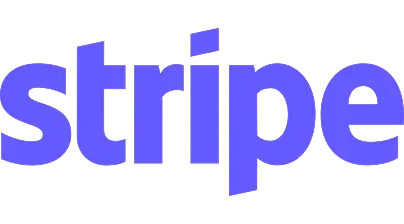

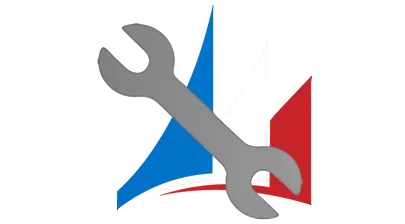








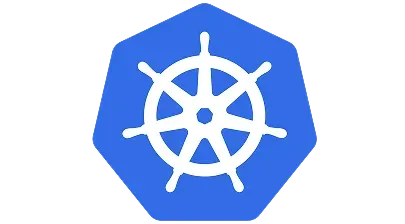


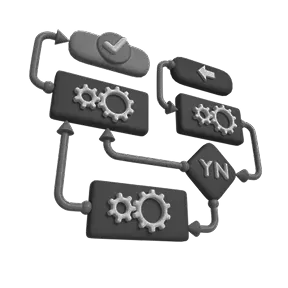










We’re navigating a complex job market, with trust between employers and employees strained by mixed signals and exaggerated narratives. Let's acknowledge that. I've saved you time by offering my stances on these issues here so that we can focus on your priorities.
Regarding Gen-Z
I see things with an owners mentality. Your business is not a daycare center. As someone at the outer limit of what is considered “gen-Z” I’m keenly aware of the negative assumptions that people make about me because of my age. Lazy, entitled, distracted. I reject that. There was a phase of life where I was working 90 hour weeks at UPS for 10 weeks straight, I have job juggled, and I am deeply acquainted with the all-nighters and on-calls that come with the territory of being a developer. The things being said about any generation have to be taken on a case-by-case basis. Bring on the work. There’s pride in the grind.
If you’re tired of overpaid whiners who post TikTok dances from the workplace bathroom on company time, or the no-show “mental health” days to smoke pot at home and doom-scroll on Instagram: I am too. Right now, they damage my reputation more than they do yours. 60 hour weeks are sustainable for me. Comfort is the enemy of growth. My promise to you is simple: My first concern is for showing up and doing the work, and for what you want to accomplish as the person signing checks. If your vision is clear, the correct resources are present, and we are all aligned on that point: we will win every time.
Regarding Generalists
A civil engineer with a decade of experience in bridge design is not a generalist for having to master both structural and geotechnical disciplines to design bridges safely, they have specialized to solve a specific problem. Meanwhile a web developer with cross-disciplinary experience solving a consistent set of complex problems their entire career is easily dismissed as “too generalized” if they’ve worked across several toolsets. This is a shift in language that falsely equates core understanding and transferable skills with inadequacy in order to chase hyper-specialized roles that shouldn't exist in practice. The fact that this understanding of words like “generalist” gets applied uniquely to the tech industry with growing frequency in the last five years makes it a product of cost cutting, AI adoption, the over hiring during COVID-19, the rising inflation, and mounting tariff pressures rather than any concern for being consistent or outcome driven.
Knowledge-worker industries outside of tech have a sensible threshold at which to stop fractionating labor to avoid up to 30% penalties on position overhead, coordination, and double-work for tasks that lengthen the time to delivery. Meanwhile, titles like “Order Management Server-Side-Component Engineer - Level II” produce tech roles that no company could ever justify full-time positions for and no technologist has ever made a feasible career out of doing consistently in order to meet a hiring expectation of expertise in something so circumstantial and mundane. A month in the life of that role amounts to maybe one week of true coding work to maintain a handful of buttons in only one area of a single application, might include only two pull requests, and the rest is spent either wading through a tar-pit of blocking Jira tickets or playing break room air-hockey.
The 2023 Stack Overflow Developer Survey shows 68% of developers work across domains of frontend, backend, and databases because web services—like bridges—demand integrated expertise. That trend in the labor pool of qualified technologists is a product of the real work being done in organizations in the manner in which it was most effective to do it. Non-technical individuals managing the entry points of hiring or staffing conversations are quicker to use this “generalist” misnomer and are more likely to torpedo the process with false assumptions like a “hard language requirement” for TypeScript (when the actual language requirement is JavaScript). Bad assumptions and the automation of these assumptions in searches overlook the developer who has spent more time in both JavaScript and a punishing type-strict language like C++ than anyone on the existing team has spent using Typescript. If you've seen the movie Moneyball, you already understand this concept. Instead, those opportunities are regularly being wasted today in a way where no one benefits.
The truth is: you will always be handed a set of problems in life that are larger than your pet discipline or tool can solve and you will be expected to win anyways. In startups and small businesses where I come from, problems don’t fit neatly into one niche, and you can’t pass the buck. You solve it, and you learn from it. Never approaching problems outside your niche is the fastest way to never be valuable to anyone, which is why I don’t engage that way. Robert Heinlein once said “Specialization is for insects” because a person is capable of more than one thing at a time. Ants don’t fly planes or build hospitals for the same reasons this new definition of specialization fails human beings and organizations who care about solving real problems more than they care about any single tool.
Regarding Vibe-Coding & AI
"Vibe coders" rely on generative AI to produce most of their code, often lacking any grasp of what they produced. Like programmers who once copied Stack Overflow answers without discernment, they prioritize output over understanding. This cargo cult mentality celebrates a solution they can’t maintain or even read, completely amputating the maintenance and support principles of the software development lifecycle that ensure sustainable commercial success.
The biggest difference between a doctor and an engineer? The doctor knows they can’t be an engineer. Technologists and tech-optimists chronic failing is an inability to recognize when they’ve leapt from deterministic systems to complex systems while continuing to make declarative statements that are only true of the deterministic systems they're familiar with. The biggest failing of non-technologists is believing these statements and inflating them to statements which border on religious faith. Generative AI is a complex system in the same sense that the stock market or the climate is, but it’s being presented as if it were a calculator or a light switch handling every problem with authority and consistency. Its more appropriate to say that generalized AI models are the most resource-hungry and ambitious slot machine mankind has ever devised, and consistency once achieved has no bearing on quality. Claims like “coding is dead” from Meta’s Zuckerberg or NVIDIA’s Huang conceal the reality that perhaps only 1% of AI outputs from tools like Replit or Cursor completely align with the intent of what’s being prompted and the clear majority repeatedly fail in detail. How many prompts will it take you to get a simple 'OnDrag' event to work correctly? no way to know... so keep pulling that slot machine and spend all your time leading the horse to water. Any misalignment or hallucination from the model is embedded in your solution from the start as technical debt if you lack the discernment to correct it - which you now must answer to paying customers for with zero understanding of what you've produced and the maintenance debt you've accrued. Any advantages AI offered you in that circumstance will be erased and repaid with interest by the expectations of real users and the added quality management activities a discerning human will have to do in order to wrestle down this thrashing firehose of poorly written code. Many organizations are still hoping to only pick up one end of this stick, and are not fully prepared for the operational hangovers waiting for them if they see AI as a replacement for human judgement rather than a supplement.
AI’s core flaw isn’t coherence or context-windows, which are improving rapidly, but its inability to discern intent, and the problem of natural language itself. Consistent outcomes are a product of syllogisms, sequencing, and categorical precision… not the organic flow of conversation. This breaks down in implementation about as quickly as our past attempts to teach gorillas sign language if you need an apt comparison of how these systems adapt to inputs in any logical or conversational sense. The operative gap between being rewarded for just not being wrong and understanding what's correct for the situation becomes significant quickly. I use these tools routinely and still have to rewrite 40-60% of their outputs in order to accomplish the correct result because I can discern what’s being generated and what it should have generated to accomplish the mission. Something to keep in mind as we entrust AI with everything from grocery lists to drone strikes with continued insistence that human beings shouldn’t be necessary for these activities.
If we align on these issues at all, my portfolio videos will also show how I approach issues on projects and think/communicate. I'd like to hear from you, so if you believe I could be an asset in your endeavors, let's start a conversation.
Warm Regards
-Ethan Barnhart